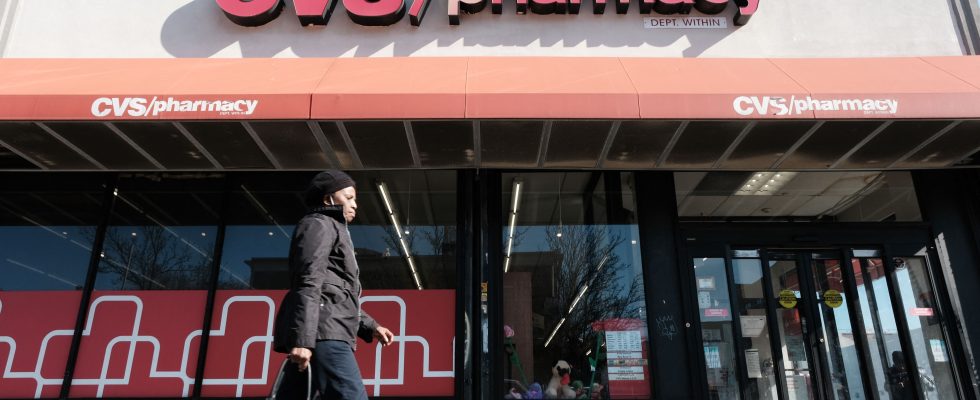In hospitals, the lack of drugs for chemotherapy is sorely felt. Pharmacies are struggling to find anesthetics, eye drops for glaucoma, antibiotics and even children’s paracetamol. Exacerbated by the pandemic, drug shortages have increased by nearly 30% between 2021 and 2022 in the United States, according to a recent report by the United States Senate.
The first fault is the very low margins on generics. Their price has halved since 2016, says researcher Anthony Sardella of Washington University in St. Louis, Missouri. As a result, fewer and fewer labs produce it and when one of them closes, the impact is enormous. Recently, Akorn, a pharmaceutical company specializing in around 100 generics (including salbutamol used for respiratory problems), went bankrupt, causing stockouts. There is now only one supplier of this valuable product for asthmatics in the United States. “And these very low prices have a high cost”, summarized Anthony Sardella, during a hearing in the House of Representatives. The reason: To keep prices competitive, labs are cutting back on spending at every level at the expense of quality, leading to repeated site closures and supply delays.
In the same logic, many pharmaceutical companies subcontract or have relocated their production to India or China. Nearly 80% of the factories that produce the active substances of drugs are located outside the United States. “This overreliance on foreign productions poses a national security risk,” the report warns. “The pandemic has made us aware of the vulnerability of our supply chain”, comments Kevin Schulman, professor of medicine at Stanford University (California), who makes an analogy with Apple: “Tim Cook’s group finds its raw materials in the same markets, China and India. But it is responsible for quality, price and supply, whereas for drugs we have created a system where no one is held responsible.”
“Exportable” solutions
In 2018, a consortium of hospitals and three philanthropic foundations decided to bypass the pharmaceutical giants by launching its own laboratory in order to reduce chronic shortages and the unpredictable price increases that follow. Civica Rx now produces some 60 generic injectables, from painkillers to anesthetics, priced just above market price, to more than 1,500 hospitals. He has set up a network of subcontractors in different parts of the territory and is in the process of building a factory in Virginia. “No one had ever done this before, it’s a huge success,” continues Dr. Schulman, whose research inspired the Civica concept.
“A key to its success is its innovative development model,” say Carter Dredge and Stefan Scholtes in an article published in Tea New England Journal of Medicine. Civica Rx is a non-profit company with no shareholders or dividends and its funding comes from hospitals and philanthropic organizations that have given or loaned at low rates over $100 million. It therefore does not have to boost its income to satisfy shareholders and investors. Civica, then, “decided to think big and far”. Right from the start, it negotiated long-term contracts with hundreds of hospitals which agreed to buy 50% of their potential needs for these drugs at a fixed price for at least five years. The company is therefore assured of stable outlets, even if its competitors lower their prices. In 2020, it launched another initiative with insurance companies to provide pharmacies with expensive generics at low prices. It has just announced a contract with the State of California to produce insulin at the price of 30 dollars a vial, a fraction of the amount paid today by Americans without insurance.
Neither Civica nor the few similar programs are going to solve all of the drug industry’s problems. “But the initiative managed to shake things up and prove that there were solutions,” concludes Dr Schulman. According to him, “the model is exportable”. In Europe, where drug shortages and dependence on Asia are top of mind? In the meantime, Eli Lilly, Novo Nordisk and Sanofi, which control the insulin market in the United States, have announced a drop in their price…
